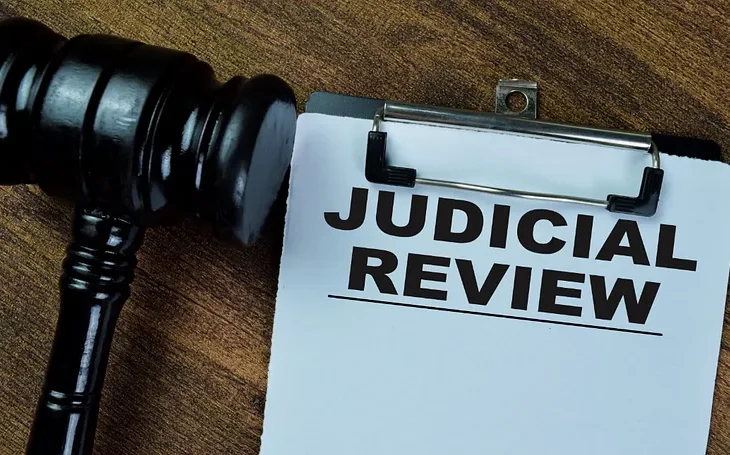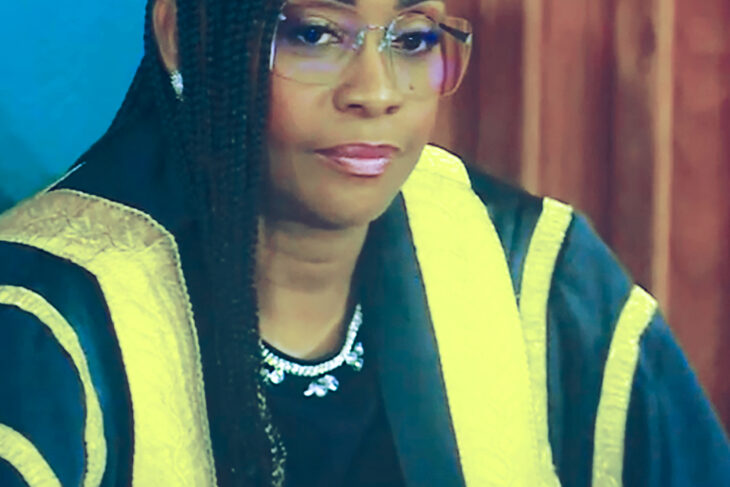On March 28 President Donald Trump passed an executive order rescinding several of his predecessor’s climate change policies and legislation.
It was a move that had been somewhat anticipated in climate change circles since Trump’s campaign and victory. In the United Nations’ Climate Talks last November in Marakesh, Morocco, considerable time was spent discussing strategies to handle such a move on Trump’s part.
Now that he has started the process to push back former US President Barack Obama’s climate policies, what does that actually mean for countries like Jamaica?
Firstly, it will mean that the US will drag its feet on cutting its carbon emissions. Small islands like Jamaica will continue to experience the strongest climate impacts such as stronger hurricanes, longer droughts, sea level rise and more flash floods. The Caribbean islands only contribute less than 1 per cent of Global Green House gases and so can do very little to cut back or mitigate against climate change. Instead, the islands have to spend money adjusting to the impacts that they are already experiencing.
Secondly, the islands will get less funds from the US to make those adjustments needed to climate change. So, for example, Trump’s order will cut back funding for Clean Power Plan which currently operates in 8 Caribbean islands — Jamaica, Saint Kitts and Nevis, Antigua and Barbuda, Dominica, Saint Lucia, Barbados, Grenada, and Saint Vincent and the Grenadines.
The main aim of that Caribbean Clean Energy Programme is to address the Caribbean’s high energy dependence and lack of energy security. So the 5-year programme would push investments in renewable energy sources using the natural elements of wind, solar and hydro power. Much scrutiny will now be placed on seeing how a change in funding priorities affects this programme.
On the global scene however, Trump is in for a fight, both from within the US where states like California (which is big on renewable energy) and environmental groups are gearing up to take him to court. Internationally many of the 197 countries that are signatories to the United Nations Framework Convention on Climate Change (UNFCCC) are bracing to put pressure on the US to line up with global climate policy. Climate change is seen as one of the biggest threats facing countries globally now, and the science is showing that unless significant steps are taken to halt emissions the impacts of climate change could escalate much faster than anticipated.
At least one Caribbean climate leader, James Fletcher from Saint Lucia, has made a Facebook post indicating that Trump’s actions will not stop climate mobilization. “Luckily, this global movement for action on climate change is bigger than Trump,” he said. Many support that view. Let us see how it plays out.



